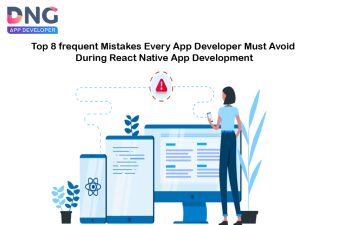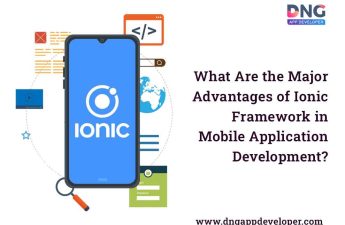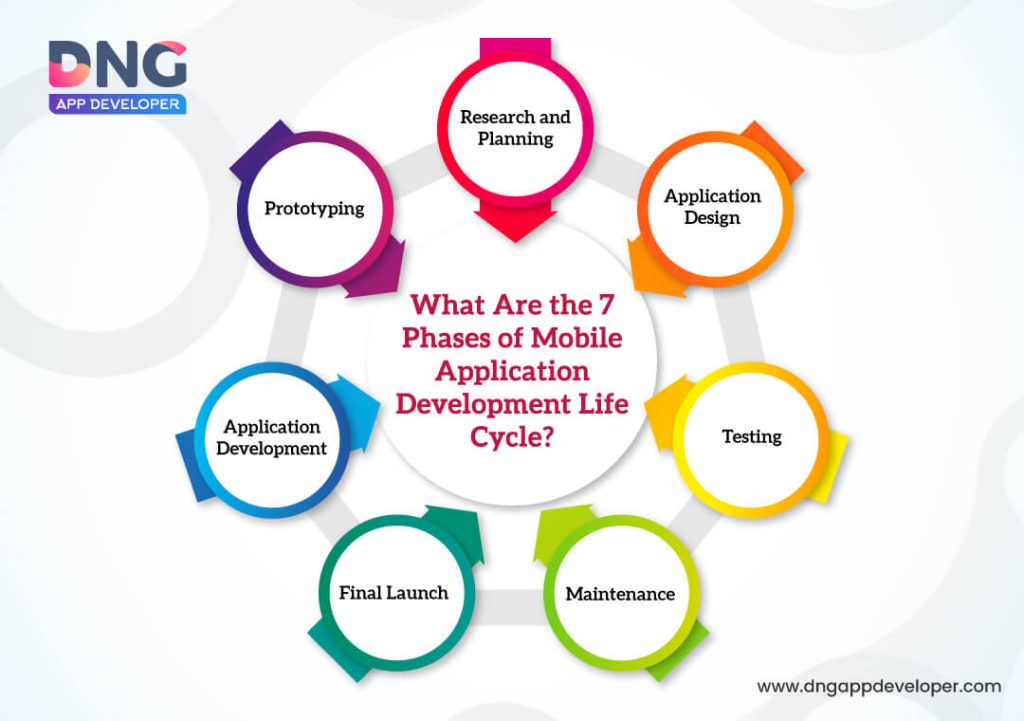
Table of Contents
As a business owner, it is important to learn all the phases of a mobile application development life cycle before start developing an app for business. Having the right knowledge of mobile app development life cycle may help you understand how much time and money is required to design and develop a mobile application. To give all business entrepreneurs accurate knowledge, we are going to discuss elaborately the entire mobile application development life cycle in our blog.
What Is Mobile Application Development Life Cycle?
Mobile Application Development life cycle is a term that covers the entire process of mobile app development. From planning to app launch, there are total of 7 phases in a mobile application development life cycle. Skipping any of the phases while developing a mobile app will make the life cycle incomplete. The timeline of completing the entire lifecycle basically depends on the efficiency of the mobile application development team you hire. The more proficient and hard-working the team will be, the more quickly and smoothly they will complete all the phases of mobile app development.
An Absolute Guide to Mobile App Development Life Cycle
The performance of a mobile application completely depends on how efficiently and errorlessly you or your app development team will execute each phase of the life cycle of mobile app development. Here are the 7 essential phases of a mobile application development life cycle.
1. Research and Planning

The first and most important phase of the mobile application development life cycle is research and planning. Researching the market thoroughly, you can have a better understanding of latest market demand and on-going trends, and also learn who are the top competitors in the market and what they are doing. This will help you create an industry-specific app as per people’s demand and make it different from competitors.
After market research, plan what type of app you want to create. Figure out your application’s purposes, think what features and functionalities your app will offer, determine your target audience and most importantly, set both time and budget limits.
2. Prototyping
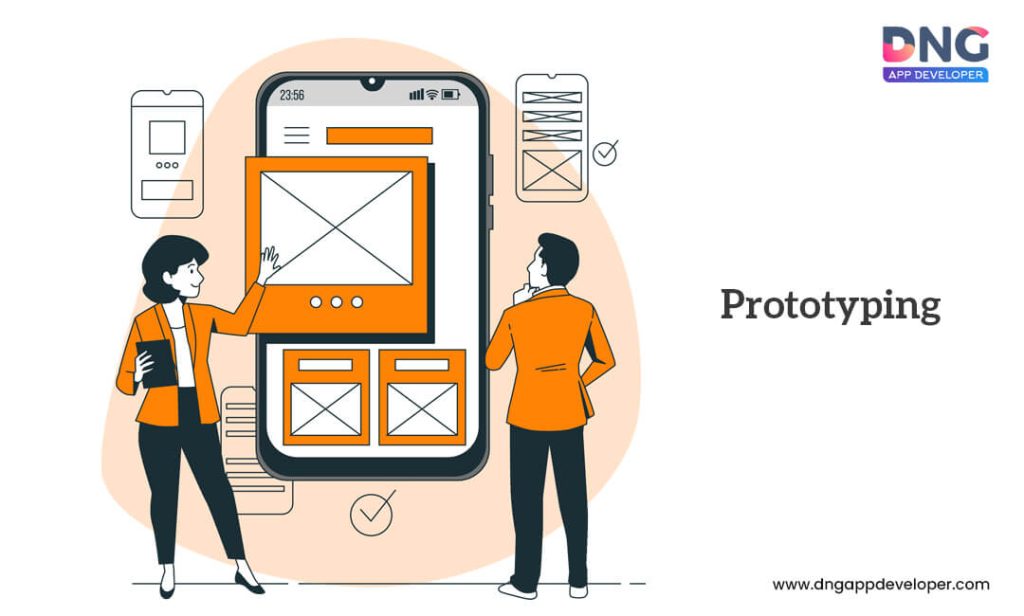
After making the final plan, now you need to create a real prototype of your mobile application and give it to your target customers’ hand to know how the app will perform and help users in future. Create wireframes or detailed sketches of your app to make a presentation of your app to your target audience and see their reactions. You may ask your team and also your target audience to give their honest feedback so that you may make further improvements if needed.
3. Application Design
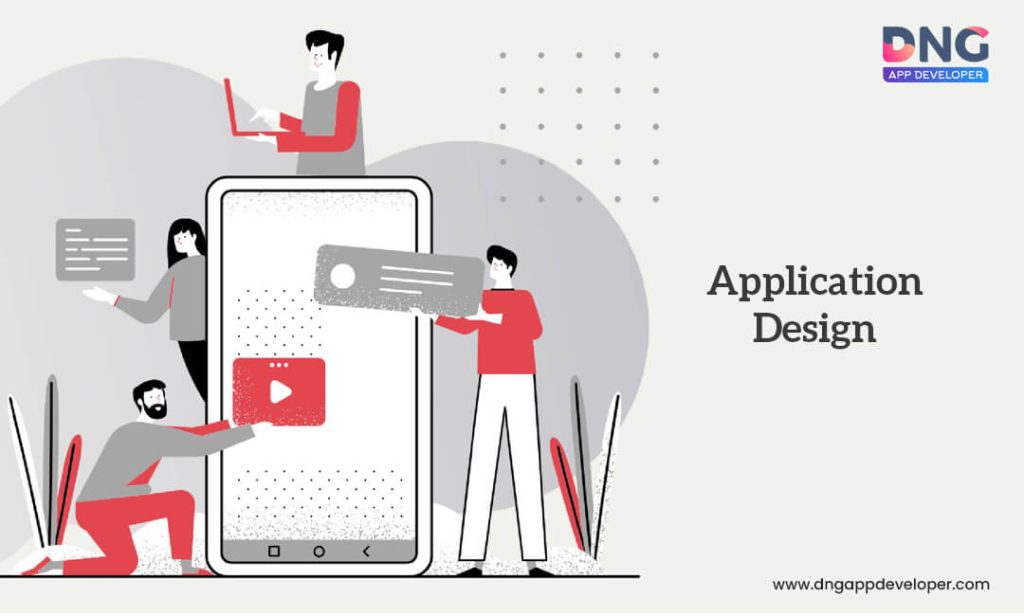
After completing the prototyping, it is time to start designing the app finally. This phase of a mobile application development life cycle is quite difficult and needs a little more time. Creating the app design in a rush may make the app an ordinary one that can’t compete easily with competitors. So, take the necessary time and create an extraordinary and user-friendly UI/UX design to make the app stand out from others and a convenient one for every user.
4. Application Development
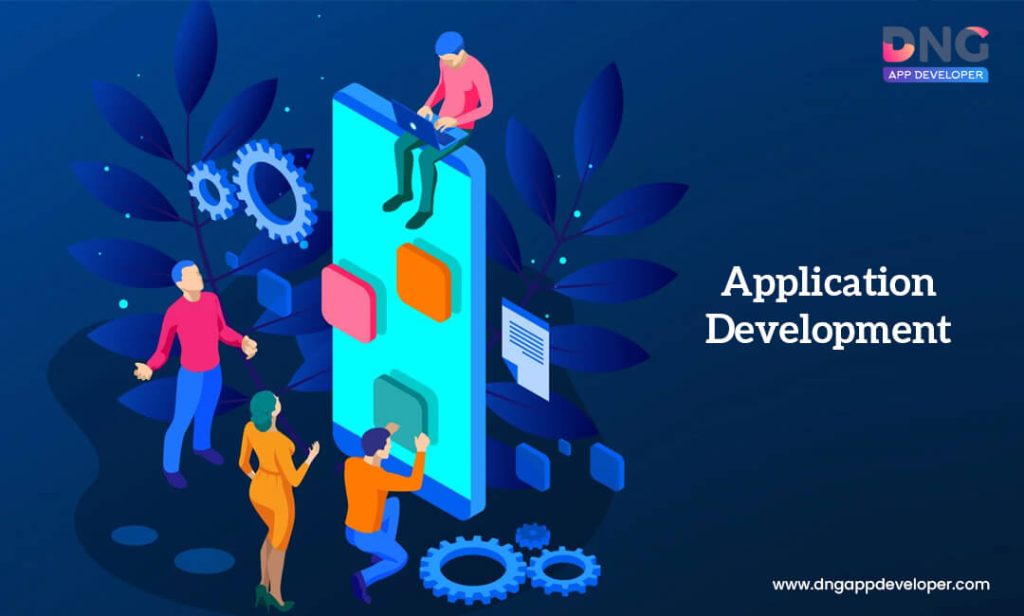
Now the coding comes which is the most critical but essential stage in the mobile application development life cycle. In the front-end app development, you need to focus on user experience. Creating easy navigation system, building a responsive design to make the app run on any mobile device, and making faster loading time, are some major parts of front-end app development.
The other development stage named the back-ned development needs to focus on the app’s architecture, features, functionalities and databases and it empowers the overall performance of mobile apps.
5. Testing
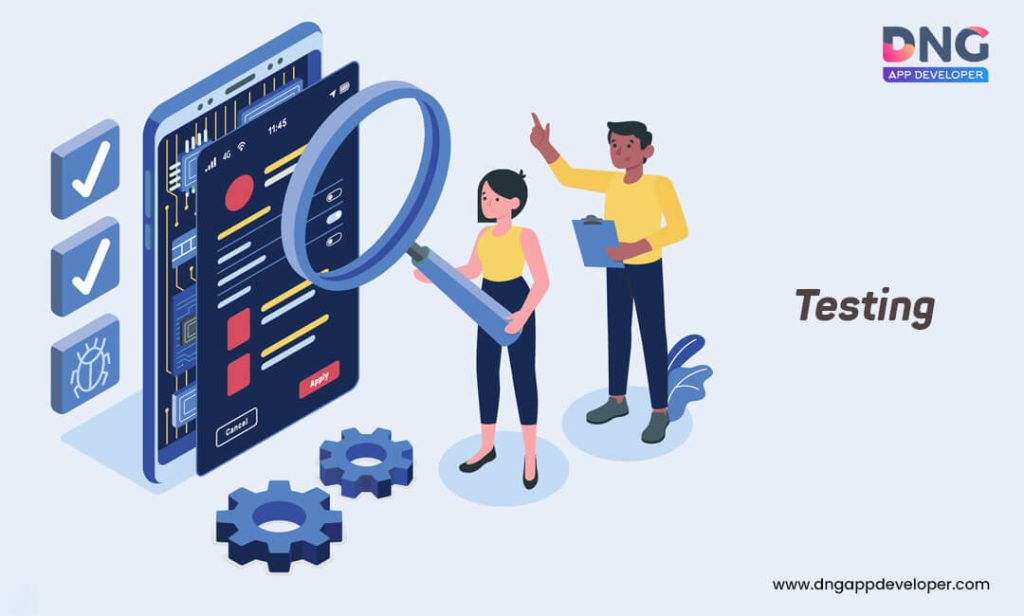
You are almost at the end of the mobile app development life cycle. But to ensure the error-free performance and security of your mobile application, you need to go through another phase before launch which is testing. A test run of the app before the final launch will help you check whether there is any bug to be fixed yet, check the overall performance of the app, usability and security check as well.
6. Final Launch
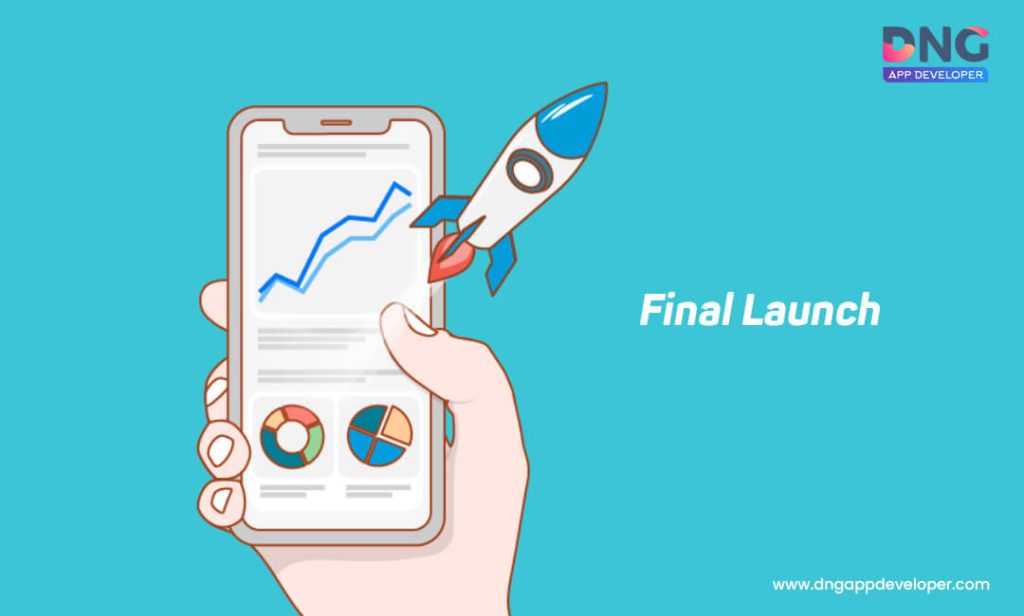
And the final stage has come! Now you’re all set to officially launch the app in the market. Try to launch your app through any popular app store like Google Playstore from where users can install the app in seconds. Make sure you have followed all the guidelines of the app store while publishing the application.
7. Maintenance
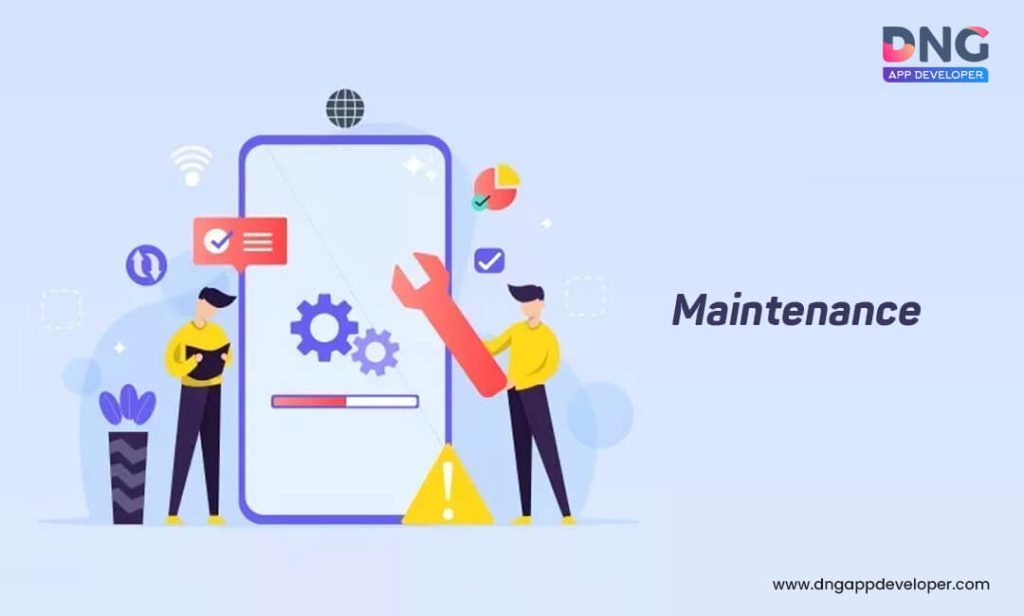
Don’t think that launching the app is the end of the life cycle. Maintenance is the final and another important stage in this life cycle and overlooking this stage may create negative impact on your mobile application and make it a backdated one. You must do regular maintenance of your application to keep its performance smooth and seamless as well as keep it up-to-date with the latest trends and technology.
Final Words
As you can see, mobile application development is not an easy task at all. There are so many tricky and challenging steps you have to follow to complete the full life cycle of a mobile app. Any mistake can cause negative impacts on your business and result in huge loses. Thus, it would be a wise decision to hire a team of professional and highly experienced mobile application developers in India instead of doing it on your own.
You can contact DNG App Developer, the top-ranking and trusted mobile app development company in Ahmedabad, India for developing a powerful mobile app for your business. Our expert application development team will take only a few weeks to complete the entire mobile application development very efficiently and without any fault.


